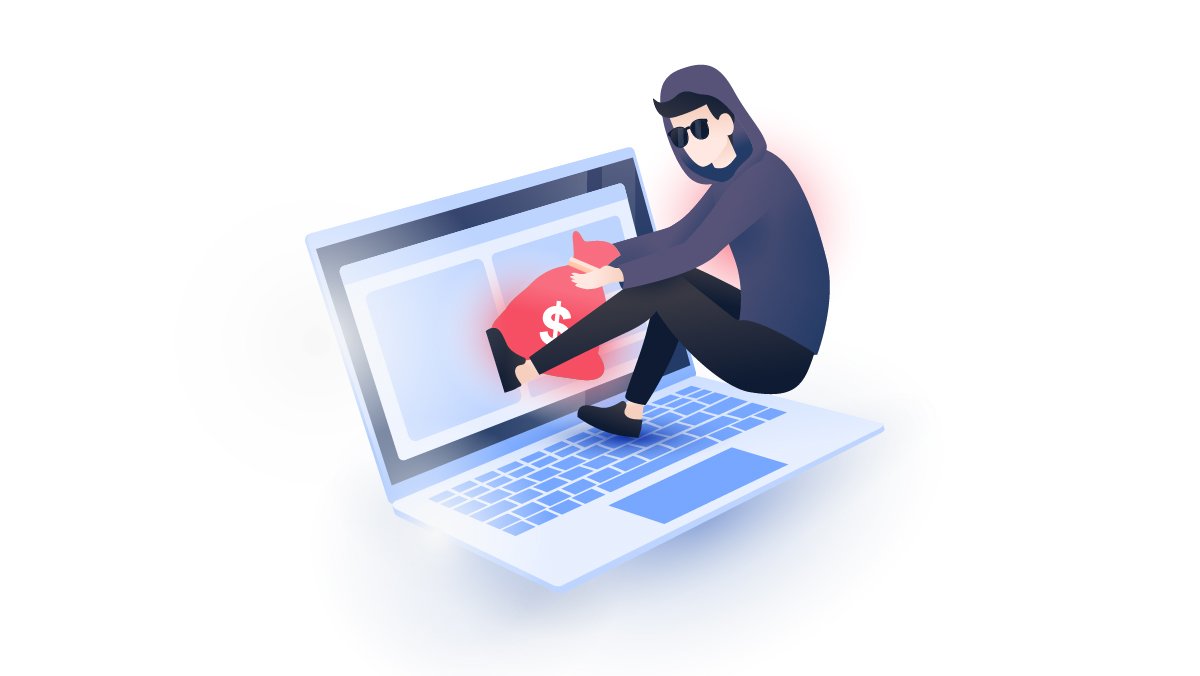Why postponing software updates puts you at risk
It might seem harmless to postpone a software update, but you could be putting yourself at serious risk by doing so. The number of apps we use on desktop and mobile has exploded over the last decade, and they all need regular system updates. We hear you; software updates are disrupting your work. But here’s why you should still install them.
Malcolm Higgins
May 12, 2021 · 4 min read

Why are updates important?
Getting an update notification should always be good news. It means that someone is still working to make the software better, safer, and more efficient.
Software updates can also come with new features and improvements. Who knows, maybe the app developers finally added that feature you’ve been asking for since March!
Updates are also crucial for security. They fix weaknesses in the app that can be exploited by hackers. Many major hacks have occured because security updates were postponed.
What to remember before you update your software
If you understand how important security updates are, you may be eager to start updating every app on your phone. However, it’s important to remember a few things before you do.
Software updates occasionally break things. App developers don’t have the means to test their software on every device, so they build and update their apps by focusing only on the most popular platforms. Due to incompatibility issues with software on other platforms, things sometimes malfunction.
Before you install a software update, look it up on Google. Reviews from other users will tell you if the update contains any system-breaking issues. However, even if everything looks fine, it’s worth backing up your data before an update just in case.
Do updates slow down your devices?
As you continue using your device you may notice it getting gradually slower. This is particularly true for smartphones. Is this the fault of a software update?
Yes and no. Yes, because software updates usually solve a specific problem or introduce a new feature. In both cases, there is a possibility that the app will require more resources to run and as a result, make your device slower.
But you should also remember that as you use your device online, it slowly fills up with junk files. Unless you clear cookies and cache files regularly, your phone or tablet is bound to slow down a little.
How to update your programs hassle-free
Installing updates can be inconvenient, but as a regular practice it’s essential for keeping your devices safe. Here are some tips for keeping up with the latest software patches, and making the process a little easier.
- Stay in the loop. Try to find forums and online communities where other users discuss their experience with software updates. When operatings systems are updated, users will often review and discuss the software, highlighting any issues that have arisen. It’s also worth turning on Google Alerts for any software that you’re interested in, so you can find out early if a new version is upcoming.
- Some third-party programs can do the work for you. While many external devices have to be updated manually, the same process can often be automatic for computer programs and operating systems. All you need is to install a third-party program that runs in the background, checks for updates, and installs them for you.
- Turn on auto-updates. Lots of apps offer to check for updates automatically, and some can even install them in the background. Check in your settings to see which apps can be enabled for auto-updates.
- Delete unwanted apps. If there are apps you’re not using, it’s likely you won’t get around to updating them. As a rule, it’s always best to delete unwanted apps to make sure you don’t leave any back doors open to hackers.
- Read the release notes. When new software updates are released, they’ll usually come with release notes. Release notes will often contain information about new features, system changes, and security issues. To get the most out of your latest update, it’s always worth taking the time to read through them.
Protect yourself with the latest updates
Software updates fix security flaws and protect your data. And not just your data, but everyone around you. Since hackers who access your out-of-date software can launch phishing attacks on your contacts, your family, friends, and coworkers will all be safer if you keep your apps up-to-date.
Security updates often come at the wrong time, but you should still install them as soon as you can.
What could you do more to protect yourself?
While updating your software is essential, there is way more you can do to protect yourself. Here a few additional tips, which will make your online experience way safer:
- Avoid clicking on suspicious links, banners and attachments as they can clutter your system with unwanted software, ads or even malware;
- Use strong passwords. Passwords are a key to your system, so make sure you use safe and complex ones. Forget the usual “password123” and similar ones. Check our tips on how to create a strong password. Our NordPass tool will help you to memorize them too;
- Use a VPN. It will encrypt your traffic and change your IP, so you will be able to stay safe and private. No one will be able to see what you do online or snatch your precious data.


